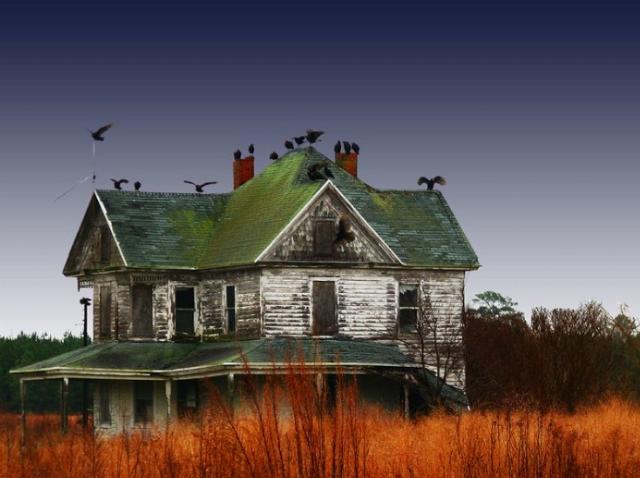Paranormal science: Is it time?
Among the critical factors that caused science to revolutionize human technology are repeatable experiments. The process of observation, hypothesis, experimentation, and duplication by indifferent skeptics is what makes modern civilization different from the era of medieval superstition. Science not only democratized technology, but revolutionized our entire way of thinking. It is no longer enough to apply philosophical analysis to answer questions of science. We require hard evidence.
The success of the scientific method so far is largely due to the existence of what might be called “low-hanging fruit.” Physical phenomena provide a fertile field for observation, and they invite experiments. Once that low-hanging fruit has been exhausted, however, science will find the going more difficult. What is happening now in science is a drift away from the gold standard of repeatable experiment.
For example, relativity and quantum mechanics are truly scientific fields, but they are beyond the abilities of most people to understand, much less investigate. Hard evidence comes to us through the advanced technology to which they have given rise. I can question the ideas of Albert Einstein, but not the accuracy of my GPS, which is made possible by applying his relativity theory.
That, however, is not quite the same as repeatable experiment. Few of us can really understand the link between relativity theory and our GPS devices.
As science advances, we increase the degree of separation between accessible science and the realm that only geniuses can navigate. Moreover, there are now sciences that have blurred the distinction between the scientific method and philosophical analysis. Exobiology is one. It creates untestable hypotheses about life on other planets, life that has yet to be shown to exist — if indeed it does exist at all. Multi-universe theory is even farther afield. We cannot test for, or experiment with, other universes — and for all we know, they may not exist, except in the imaginations of science fiction writers.
Is there no way to restore the scientific method to explain common observations? Are there any unexplored, real phenomena to study?
There is one field that has long been excluded from serious scientific inquiry and, indeed, is all but “forbidden science.” It is derided as “junk” science, even as superstition. Perhaps the time has come for serious scientists to take a new, and more scientific, approach to it.
That field is made up of “paranormal” phenomena. Before you scoff, allow me to explain my personal reasons for advocating research, despite my expectations of ridicule. That expectation has kept me silent for decades.
The house in which I spent my high school years, and months thereafter, was genuinely haunted. The phenomena were consistent and extended and were experienced by everyone in the household, plus by many visitors. They were definitely not of the horror movie variety. Quite the opposite: We in the family grew accustomed to the sounds and other evidences, convincing evidences, of the presence of “unseen residents.” Even the cats would occasionally stop their play, simultaneously, to triangulate their gaze on what to us was an invisible object moving through a room.
I will not try to convince anyone of all this, and ironically, I am usually skeptical of reports of hauntings, especially dramatic ones. Were it not for my experience, I too would scoff. That said, the phenomena are widespread and well documented anecdotally, especially (it seems) in Europe.
I am not recommending an effort comparable to the government investigation of UFOs. That program, in my view, is an unserious effort, at best, to understand a potentially paradigm-shifting phenomenon. Government studies of the paranormal have been conducted but were abandoned when no military applications were found. (Military incentives seem to dominate much of science research.)
Instead, I propose a modest approach. Statistical methods should be employed with the aim of categorizing various paranormal reports. Such categorization would serve the purpose of identifying which, if any, reports are worthy of intense study by experts in physics, psychology, and other fields.
Why would we do such a thing?
As I mentioned earlier, the value of scientific studies has been made apparent by advances in technology. Is there any possible benefit to be gained by breaching the barrier between the normal and the paranormal? Might there even be unacceptable risks?
I remain ignorant. My six-plus years of personal experience in this matter has yielded me no material benefits, but it did, in subtle ways, change my worldview.
Perhaps there has been a similar, underappreciated product of government reports of UFO sightings: we have no proof, but there are subtle effects on our psyche when we contemplate new frontiers of what may be possible. If we have reason to believe that something “can be done,” we are more likely to do it.
If reality is an ocean, our total knowledge of it is less than a drop of water. Paranormal research may turn out to be a waste of time. On the other hand, there might be an ocean out there.

Read More: Paranormal science: Is it time?

